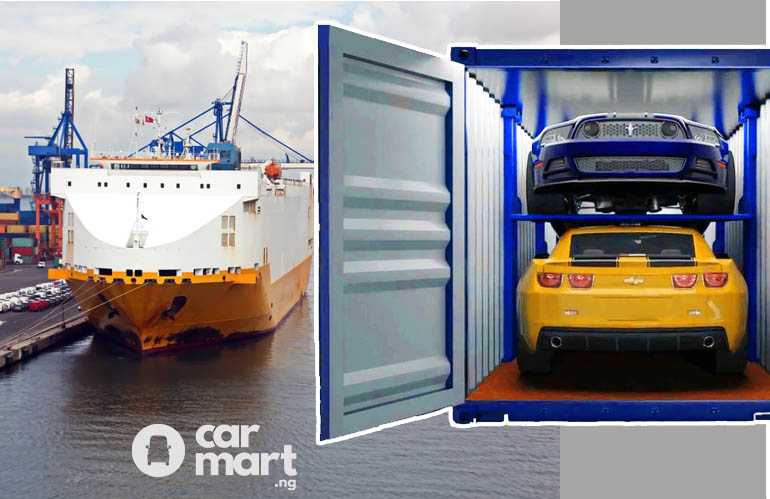The Nigerian Automotive Industry is an ever-evolving one, with the daily need for automobiles by its citizens for various purposes. In recent years, this industry has experienced a consistent increase in sales and production of automobiles. In spite of this, there is still the need to talk about the impact of car import policies on the sector.
Table of Contents
What are car import policies?
Car import policies are laws and regulations put in place by the government of any country, to regulate the inflow of cars into such countries and to guide against over-importation. These policies exist for the benefit of the country they are founded in.
Buy top trending Car accessories in Lagos and Original Korea Battery now Check @carfanzy Lagos on Instagram
From protecting domestic industries to ensuring that there’s a limit to the importation of cars, car import policies are here for a good reason. In this article, we will discuss the impact of car import policies on the Nigerian Automotive Industry at large.
Car Import Policies In Nigeria
Some of the car import policies in Nigeria are:
- High tariffs.
- Ban on importation of vehicles via land borders.
- Ban on importation of vehicles older than 12 years.
Impact of Car Import Policies On The Nigerian Automotive Industry
Although import policies on cars have advantages, they also have disadvantages and we will be discussing both sides in this section.
- Positive Sides To Car Import Policies on the Nigerian Automotive Industry
The first and the most obvious advantage of car import policies on the Nigerian Automotive Industry is that it gives room for the patronage of the local automotive sectors. When there’s a high import tariff on cars, individuals will have no choice but to buy locally manufactured cars as they will be cheaper and more pocket friendly.
Another car import policy is the ban on the importation of vehicles via land borders. Originally, this was a strategy by the government aimed at preventing individuals from smuggling in cars without paying tariffs. This was a major problem and since this policy, every car dealer now has to import cars through seaports, making them pay the expected tariffs they’re supposed to.
Finally, the ban on the importation of vehicles older than 12 years is a strategy to ensure that local sectors are patronised. If you have vehicles older than 12 years, manufactured by another country, coming into Nigeria, there will be no room for local automotive sectors to develop as people would keep patronizing the other imported ones. Additionally, vehicles produced more than 12 years ago have the tendency to be a source of pollution to the environment at large. Thus, banning their importation is also a way of ensuring a reduction in environmental pollution.
- Negative Sides To Car Import Policies on the Nigerian Automotive Industry
One disadvantage of car import policies in the Nigerian automotive sector is that the high import tariffs would result in an excessively high price of cars, making them unaffordable for many individuals. Although it benefits the country at large as more people would patronize the local sectors, it doesn’t benefit certain persons who have one or two cars they want to own and can’t own because they are not sold in their own country.
The ban on the importation of vehicles via land borders also has its own disadvantages. While this strategy successfully ensured everyone paid the tax expected of them on their imported cars, the cost of importing cars via seaports became even higher than that of land borders. Thus, it only increased the cost of automobiles for individuals again, making them unaffordable for some people.
Finally, the ban on the importation of vehicles older than 12 years only makes purchasing imported vehicles more expensive as newer models of these cars would definitely be more costly than the old models.
Conclusion
The automobile industry in Nigeria is one to exist for a long time. The car import policies exist to guide against certain issues like excessive importation of cars and environmental pollution among others. Although they have advantages, they also have disadvantages and these have all been discussed in this article.
Have 1 million naira and above to Buy or Sell Cars In Nigeria? Check Carmart.ng RIght Now
All rights reserved. Reproduction, publication, broadcasting, rewriting, or redistribution of this material and other digital content on carmart.ng is strictly prohibited without prior express written permission from Carmart Nigeria - Contact: [email protected]
Stay informed and ahead of the New Car info! Follow The Carmart Blog on WhatsApp for real-time updates, Cheap Cars, and Latest new car content. Don't miss Any –
Join The Carmart Blog Channel







